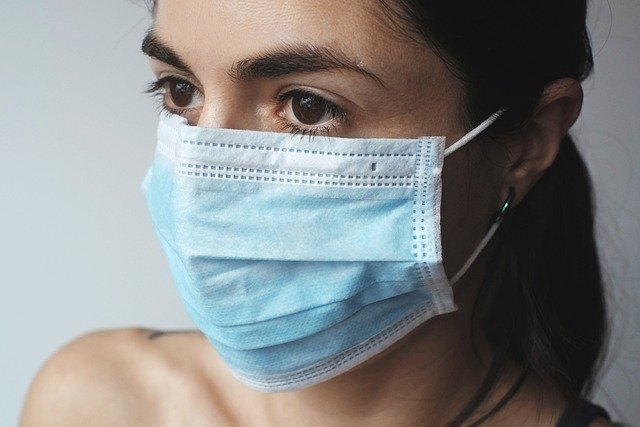Care home residents ‘must not be written off’ as coronavirus deaths rise sharply
Age Scotland has called for a redoubling of efforts to protect care home residents as the latest figures reveal that 537 have died as a result of COVID-19.

The charity for older people in Scotland has reiterated calls that care homes must not be treated as “second-tier”, and more help is urgently needed to give staff and residents the protection they need.
Vulnerable residents should have fair and equal access to medical treatment, and must not be “written off” if they contract the virus.
The figures, published by the National Records of Scotland, found that 33% of COVID-19 deaths occurred in care homes, a rise on last week’s figure of a quarter (24.6%). The number of care home deaths to date has more than doubled in a week, from 237 to 537.
A total of 56% of deaths occurred in hospitals and 10% at home or in a non-institutional setting. Overall, almost three quarters (74%) of COVID-19 deaths involved people aged 75 and over.
This week has seen further devastating outbreaks in Scottish care homes, including reports of 16 deaths at a Dumbarton home and 13 in Edinburgh. The charity has said that progress has been made in recent days in terms of more access to the necessary personal protective equipment (PPE) and announcements of testing for all new care home entrants.
Brian Sloan, Age Scotland’s chief executive, said: “In the last week, we have heard about dozens of deaths in Dumbarton, Edinburgh and Aberdeen, as the virus sweeps through homes in Scotland. It must be absolutely terrifying for residents, staff and families as they wonder where the next outbreak will be.
“These are not just statistics – each one is a mother, father, grandparent, sibling or friend who will be deeply missed.
“It is so important that older people in care homes or who are receiving social care in their own home are given every opportunity to get the medical treatment they need to beat this virus and are not written off.
“Every person’s life matters and many older people have made full recoveries with the right treatment. Decisions must be made on a case-by-case basis, and any blanket policies based on a person’s age or residence would be blatant discrimination.
“We urgently need to redouble efforts to protect the most vulnerable people and ensure that care homes are not treated as a second-tier. Staff on the front lines must be supported with access to all of the lifesaving equipment they need, as well as more widespread testing.”
Earlier this week, Scottish Care said home care workers on the COVID-19 frontline have been left “unfairly exposed” by a lack of personal protective equipment and warned that a reduction in demand was leaving firms in an “extremely precarious position”.
The representative body for independent social care services said more people were supported at home any day of the week than in hospitals and care homes combined.
But it said home care organisations faced “ongoing challenges” to meet current guidance.
A Scottish Care statement said: “We want to see a similar move to direct delivery of PPE to home care providers and access to supplies beyond those required in emergencies for suspected or confirmed COVID-19 cases.
“It must be recognised in supply allocations that home care staff support many individuals across the course of their shift, often visiting the same people on multiple occasions, which leads to an increased need to change PPE more regularly.”
- Read all of our articles relating to COVID-19 here.







